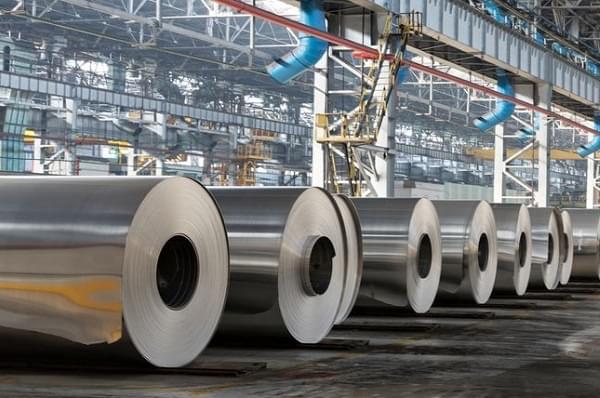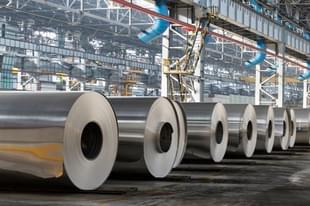Infrastructure
Tata Steel Collaborates With German Group To Pioneer Decarbonisation Technology In Steel Production
Ankit Saxena
Jun 15, 2023, 01:51 PM | Updated 01:51 PM IST
Save & read from anywhere!
Bookmark stories for easy access on any device or the Swarajya app.


As part of its efforts to reduce carbon emissions and achieve net zero carbon emissions by 2045, Tata Steel has entered into an agreement with SMS Group on Wednesday (14 June).
The Indian steel major has partnered with the German firm to jointly develop a technology aimed at significantly reducing carbon emissions by over 50 per cent in the steel production process, according to a statement issued by Tata Steel, as per Reuters report.
As part of the agreement, the two companies will hold technical discussions and demonstrate a decarbonisation technology developed by the SMS group at a blast furnace in Tata's Jamshedpur plant.
TV Narendran, CEO of Tata Steel, emphasised the significance of the partnership between Tata Steel and SMS Group, and stated “India being the second largest steel producer in the world also places a huge responsibility on large manufacturers like Tata Steel to lead the country's decarbonisation journey."
The World Steel Association stated that steel production is responsible for 9 per cent of global carbon emissions.
As a result, steel producers worldwide are investing in technology that can help them reduce their share of pollution.
According to the International Energy Agency (IEA), direct CO2 emissions from crude steel production are estimated at around 1.4 tons per ton of steel produced. The IEA base these findings on the basis of a report from World Steel Association, reports LiveMint.
India has promised to be net zero on emissions by 2070 and is working on long-term plan to facilitate a transition towards more sustainable steel production.
To replace coal with clean fuel, Tata Steel recently conducted a hydrogen gas injection trial at its Jamshedpur plant which has an annual steel production capacity of 12 million tonnes.
Earlier this year, the ministry of steel said that in the short-term, up to 2029-30, the focus would be on reducing carbon emissions in the steel industry through the promotion of energy and resource efficiency and renewable energy.
From 2030-2047, the industry is to focus on green hydrogen while disruptive alternative technological innovations are to be prioritised between 2047-2070.




